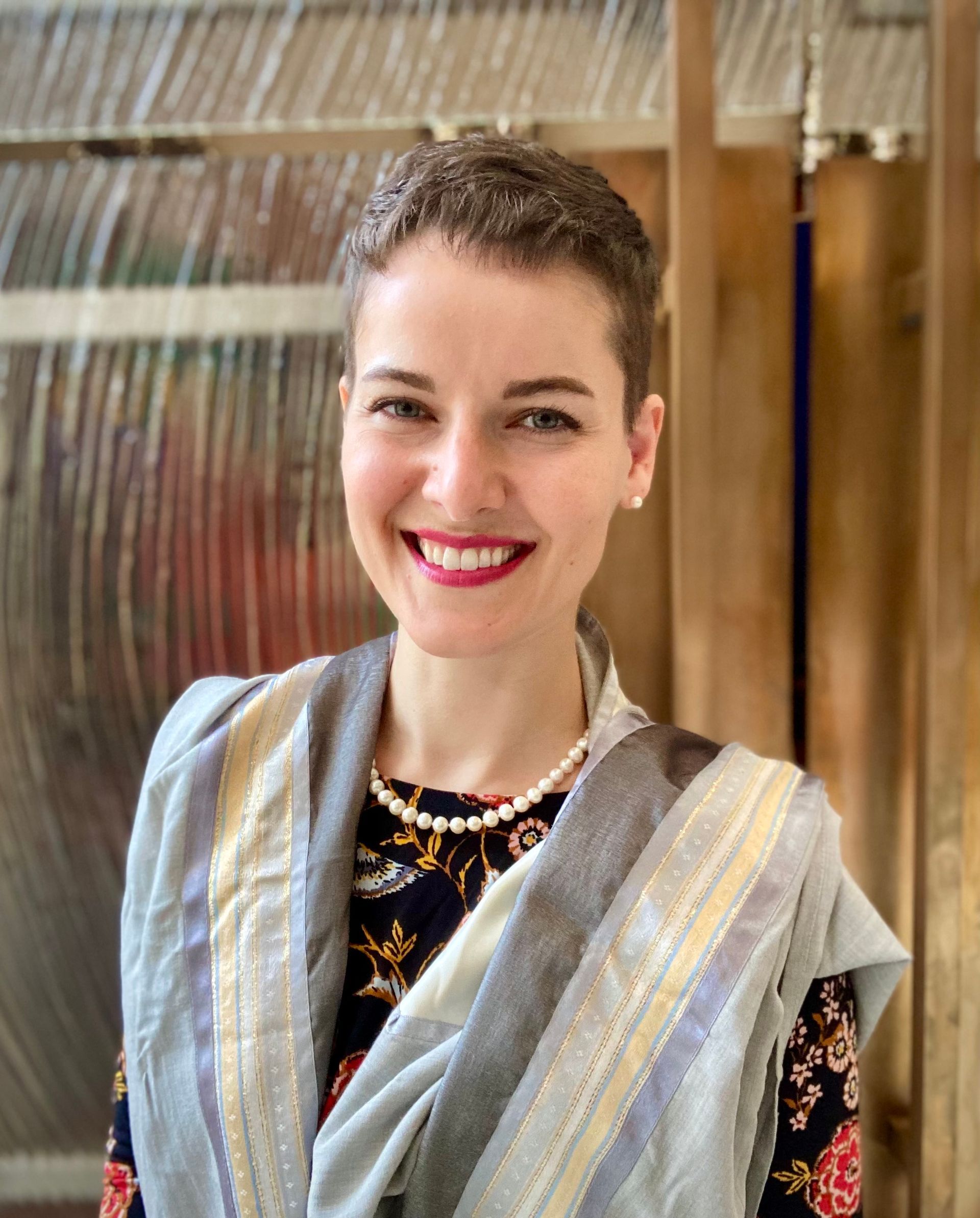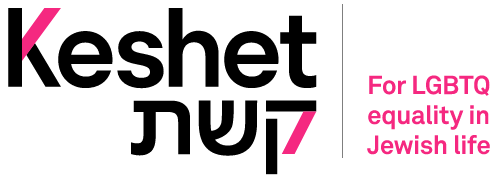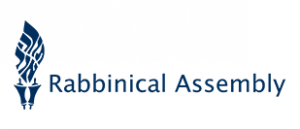By Rachel Simmons
•
January 20, 2026
Sermon given January 17, 2026 Shabbat shalom, everybody. Once upon a time, there was a country. The country had a rich culture, powerful rulers, religion, culinary delights, the works. The country was full of people, and as tends to be the case, some of these people were born in the country, and some were not. When the people from elsewhere first came to the country, they were welcomed. But then after a generation or two or three had passed, leadership changed, and the new leadership did not know, or want to know, the people whose grandparents and great-grandparents had first come to the country. These people were seen as “outsiders”, as not truly belonging, and they were subjected to different treatment by those in power. The leadership in the country began to mistreat these second, third, and fourth-generation immigrants, first in small ways, but then, over time, in bigger ways. At first, they were only allowed to work in hard labor without prestige, in jobs the “real” citizens of the land did not want. Then, they were judged for having different religious practices than those around them, and for looking a little different. But things escalated. Those in power began to physically harm these minorities and target them, even sometimes for death. And it’s important to note that these changes, and this aggression towards the minority groups did not happen overnight. It was gradual. It happened bit by bit, out in the open and normalized by those in power, absorbed into the daily lives of both those who were targeted and those complicit in the oppression. Some of these complicit people agreed with the aggression, and prayed to their gods for their regime’s success. Some disagreed, and prayed to their Gods for mercy for those who were being targeted. Some did not believe that religion and politics should ever mix, and so they did not pray to their Gods about it, at all. But-- regardless of what their Gods said -- it was all technically legal, because those in power are the ones who get to make the laws. And if the laws say that one group is worthy of being beaten, worthy of being subjugated, worthy of being murdered just for being who they are, then going against such actions, and resisting those actions, and acting with compassion and inclusion, suddenly becomes …illegal. So what are we supposed to do, when a leader tells us to do something that our hearts know is very, very wrong? What are we supposed to do, when the actions that align with our conscience no longer align with the rules and laws we are being told to follow? Thankfully, our Torah has an answer, and that answer is deeply embedded in the saga we are currently reading, in the first parashiot of the book of Exodus. When we tell our children the story of what happened to our ancestors in ancient Egypt-- which, of course, is the country we were just talking about ….. When we tell those stories in synagogue each year, a familiar picture begins to emerge, one worthy of closer examination. And it is a picture illustrating how not only has legality never been synonymous with morality, but how sometimes, resisting unjust laws and unjust rulers can, in fact, be the most moral course of action, and indeed, the course of action supported by God. To quote Jewish Enlightenment philosopher Moses Mendelssohn, “The only way of amending unwise laws is by deviating from them”-- and we see precisely this principle in action in the story of the Exodus. In the story of the Exodus, Pharoah-- aka, the person making the laws-- is clearly the villain. He unjustly hurts the Israelites and treats them differently from other people living in Egypt. He is a bigot. He makes the lives of our ancestors bitter, Scripture teaches us; not because they had committed crimes but rather because he was afraid of the demographic changes they heralded. הִנֵּ֗ה עַ֚ם בְּנֵ֣י יִשְׂרָאֵ֔ל רַ֥ב וְעָצ֖וּם מִמֶּֽנּוּ׃ Look at these people of Israel, Pharoah says. They are becoming greater and more mighty than us! And so, Pharoah oppresses the Israelites and forces them to construct cities for him, ultimately ordering that it be LAW that the innocent baby Israelite boys be killed. Luckily, our story is also full of heroes of all shapes and sizes. If Shifra and Puah, the two midwives we met in last week’s parasha, had not made the brave choice to act illegally and save Israelite newborns, breaking Pharoah’s laws, even more innocent life would have been lost. We should note that Shifra and Puah were not acting on a macro scale as they resisted Pharoah. They knew that they alone did not have the resources or the might to remove Pharoah from power. But that did not deter them from listening to the still, small voice inside of their hearts, from identifying what was inDEED within their power to do, and then doing it. Shifra and Puah are two of the most important heroes in this story, but they are far from the only ones. If Moses’ mother Yocheved had not been brave and defied the law of the land by not letting her son be killed, our people’s history would have been very different. Similarly, if Moses’ sister Miriam had not lied to the Egyptian princess-- our story would have been different. And if Batya herself, the Egyptian princess, had not taken a stand and chosen to defend that one Israelite baby from her father’s evil policies, using her power and prestige to shield him, our story would be very, very different. These acts of resistance may seem small on a global scale, but they were crucial in bringing about our peoples’ eventual liberation, and they were sacred. They helped save our people. And they demonstrated that individuals working within the scope and limits of our own realistic agency, working concurrently, can indeed make a significant difference in the face of horror on a wider scale. They remind us that no matter how bad things seem, no matter when in history we are living, we are not powerless. In this week’s Torah portion, we see Moses. He is, of course, destined to be Moshe Rabbeinu, our hero, but we see him at the beginning of this week’s parasha not yet as a rescuer or leader, but rather just as a human being who is terrified of going up against a corrupt and ruthless Pharoah. אֵיךְ֙ יִשְׁמָעֵ֣נִי פַרְעֹ֔ה וַֽאֲנִ֖י עֲרַ֥ל שְׂפָתָֽיִם: How will Pharoah listen to me? Moses asks. I am not a talented speaker. We can all understand Moses’ reluctance to take on the mantle of leadership against a foe with more resources, more connections, more clout. Any of us would probably feel similarly. Moses pleads with God to send someone else, anyone else. And it is another compassionate hero from our story-- Moses’ brother Aaron-- whose presence, and companionship, and solidarity with Moses, is what gives Moses the strength to persist and do what he has to do. Aaron’s willingness to speak truth to those who promoted lies and to use his words to corral and encourage the Israelites was another crucial, and distinct, act of resistance that helped birth our people. No one person did the work. Everyone had a role to play. Now, this whole story, with its corruption, its fear and slavery, its quiet heroism and its persistent faith and bravery, is part of our spiritual inheritance as Jews. And when we read this story, as American Jews in 2026, we have a choice of how to let the words and the message affect us. If we want, we can hold the story at arm’s length, and not identify with the characters, not see ourselves and our own troubles reflected in them. We can harden our hearts, so to speak, and tell ourselves that the world is so very different today than it was for the Israelites living under Pharoah that the takeaway of this story cannot possibly be the same for us as it was for our ancestors. We can tell ourselves that this is just a story. Or. Instead of hardening our hearts, instead of shying away from the parallels between our own world and the world of Scripture, we can soften and open our hearts to the very real suffering around us today, we can see the unjust laws being enacted, and we can feel that pain, and let that pain inspire us to act, like Shifra and Puah and Miriam and Moses and Yocheved and Aaron and Batya and so many others. We, too, can listen to the still small voice, and we can let it shake us, and bother us, and then spur us to action, just like it did them. We can-- and, one could argue, we must. Now. This can be scary, scary to even consider. We take our place among countless others throughout history, including our own ancestors, who resisted injustice. Writing from his cell in the Birmingham jail, where he was being held for resisting unjust laws, Reverend Martin Luther King, Jr, whom we will honor this week, did not mince his words. He wrote, quote, “there are two types of laws: just and unjust. I would be the first to advocate obeying just laws. One has not only a legal but a moral responsibility to obey just laws. Conversely, one has a moral responsibility to disobey unjust laws.” He later continues, “We should never forget that everything Adolf Hitler did in Germany was “legal”... [and that] It was “illegal” to aid and comfort a Jew in Hitler’s Germany.” His words and his example should shake us and inspire us. There is a traditional tale that tells of a Jew reaching out to God and sharing the frustration she is feeling with the Divine. Lord, she says, this world is plagued with anguish, hopelessness, malevolence, depression, and despair. Why do you not send help? And of course, God replies, and says: My friend, I did send help. I sent you. This is our world. This world. This city. Exactly the way it is, in all its beauty and in all its pain. Our world, like the world of the Torah, has real villains in it. And that means that when we see injustice, which we are indeed seeing every single day, it is up to us, as God’s partners, to also make the choice to be everyday heroes, to be brave and to act in the name of humanity and compassion in whichever way we each individually realistically can. One day, we will all be someone’s ancestors. When they invoke us, what story will they tell? In Chapter 8 of Mishnah Sotah, the rabbis describe how when there is a מִלְחֶמֶת מִצְוָה, literally a war of a commandment, nobody is exempt from the fight. Not the groom, not the newlywedded bride. Everyone must come together and do their part to prevail. And while the meaning of the phrase milchemet mitzvah is debated by our sages-- does this mean a defensive war? A war specifically named in the Torah? A war that is in the name of a specific mitzvah?-- No matter how we translate the phrase milchemet mitzvah, the holy sense of shared responsibility in defense of justice is the same. All of us, each and every one of us, is called on by our tradition to find a way to work together when the cause is in defense of a mitzvah-- and Lord knows that welcoming the stranger, supporting the orphan and the widow, loving our neighbors as ourselves, and having fair laws that apply equitably to all are core, guiding mitzvot for us as Jews. We are living in our own milchemet mitzvah, and none of us are exempt from it. It can be intimidating to try and think about what each of us, as normal humans living our everyday lives, can actually do to make a difference against the acts of violence and abuse we are seeing on a larger scale in our society. But part of the beauty of the story arc of the Exodus from Egypt, part of the gift that our tradition is giving us with this story, is that it demonstrates and models for us that there are countless ways to help bend the arc of history towards justice, and how quite often, the difference between success and failure comes down to the everyday actions of everyday people, like us, just trying to do their best to help. On a larger scale, some of us will resist injustice through work as politicians and policy-makers, and go face off in debates and elections and help rewrite policy. Just as Moses went toe-to-toe with Pharoah, some of us, too, will resist on a more macro level. That’s one way to pursue justice, as Scripture commands. Some of us will give sermons. Many of us will find other ways to contribute and resist using resources available to us like money and time. Some of us will write checks to causes we believe in--like the ongoing food drive here at TBE which started after SNAP benefits were decreased, which has now helped feed hungry households across Maine. Some of us will show up at protests and vigils-- like the weekly interfaith prayer vigil Wednesdays outside of the detention center downtown, offering support to those taken by ICE, or like the mass walkout organized by Portland students several weeks ago-- persistently and publicly modeling solidarity and commitment to mutual care and responsibility, and refusing to be silenced. Some of us, like Batya, will acknowledge our privilege, and we will use it to document injustice when we see it happening, and to do anything we can to thwart and disrupt oppression when it occurs. But for some of us, these actions also won’t feel right. Like Shifra and Puah, the resistance some of us will have to offer is more personal, individual, and intimate. Some of us will resist injustice by talking to our friends and neighbors, by supporting each other and reminding each other of what’s worth fighting for, especially in the difficult months to come. We will remind each other why the pain of the struggle is worth it, and we will be each others’ safe harbor and open embrace. For those on the front lines of this fight, having a support system is crucial. We can reach out and offer to be that support system. Some of us will commit to protecting members of the LGBTQ+ community, especially trans youth, who are being turned out from their homes and experience suicidality at higher rates, and who are currently being targeted with abuse and attacks on their dignity, from those in power. Again and again we will reaffirm that all people, regardless of gender or sexual orientation, are made in the image of God. Our proactive and consistent welcome will help save lives. Some of us will continue to check on our friends, neighbors, coworkers, and community members whose racial and ethnic demographics are being targeted unjustly. We will ask our neighbors-- what do you need? What is something concrete I can do to support you? If they don’t feel safe going to the grocery store, we can offer to get their groceries. If they have an appointment, we can offer to go with them. Our outreach and physical presence will remind them that they are not alone. Some of us will write poems and songs, and paint pictures, and inspire others whose hearts are aching in these troubled times. Our creations will remind each other that despite these difficult times, there is beauty in this world, and it is worth fighting for. The list could go on and on, but the message is clear: it all counts, and we each must do our part. To paraphrase Rabbi Tarfon’s famous sentence, it is not upon us to finish the work individually, but neither may any of us sit this one out. I believe that we can do this. I believe in this community, and this city, and this state. If we believe that only resistance on a macro level “counts”, we’ll feel paralyzed and powerless as individuals. But the truth is that every little bit of sacred resistance against the Pharoahs of the world counts. And if we internalize this, then we empower ourselves and each other to work together to bring about real change. And-- we can help each other to identify what our role will be in the days to come. We are in this together. We are not alone. We are each others’ keepers. I wonder, sometimes, what dinners were like in the households of Shifra and Puah. What did they talk about with their families? What worried whispers did they confide in their partners late at night? What anguished decisions did they have to reach, what plans for escape did they have to hold in their back pockets, should their actions come back to bite them? The Torah doesn’t say. But what we know is that when the still, small voice spoke to Shifra and Puah, they listened, and they acted on it. And in doing so, they became our teachers, thousands of years later. We, too, must listen to that same small voice, to the voice that reminds us that legality is not the same as morality and that when it comes to a milchemet mitzvah, to a fight for our core values, nobody is exempt. We must listen, and then we must let ourselves be moved and troubled by what we hear, and then, inspired by the everyday bravery of Shifra and Puah, by the chutzpah of Batya, and yes, even by the initial reluctance of Moshe-- we must each be moved to action, however we can. My friends, said God-- I did send help. I sent you. Shabbat shalom.




